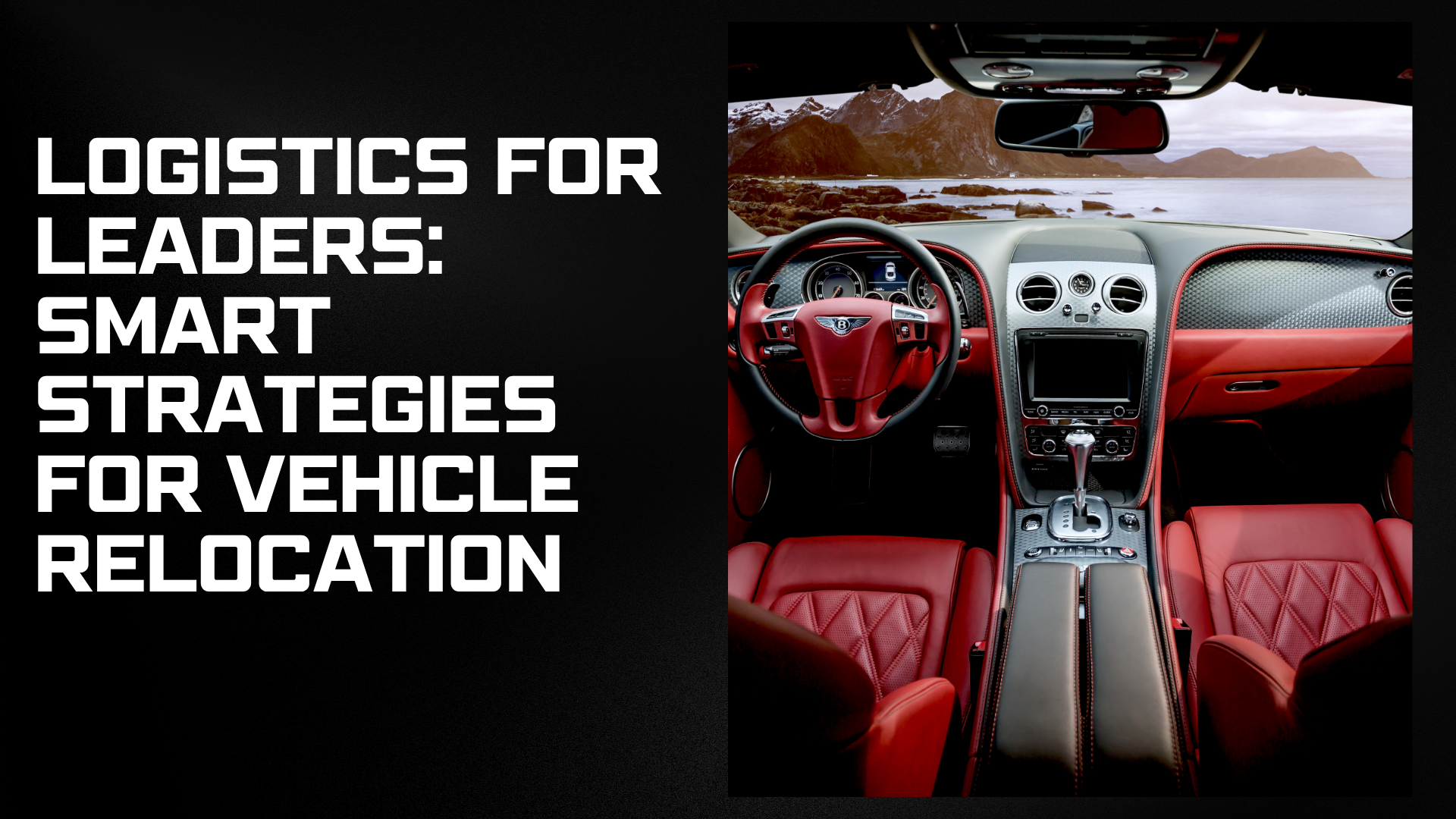For business leaders and fleet managers, vehicle relocation is a recurring challenge that requires both strategic planning and operational finesse. Whether you're transferring company cars between branches, delivering vehicles to clients, or managing a growing fleet, how you handle logistics can significantly affect costs, timelines, and customer satisfaction. From reducing downtime to ensuring secure and damage-free delivery, implementing smart strategies for vehicle relocation can streamline operations and protect your bottom line.
Understand Your Needs
The first step in any successful relocation strategy is to understand your specific requirements. Are you moving a single executive vehicle or coordinating the transfer of an entire fleet? Will the cars be driven or transported on carriers? Will relocation take place across cities, counties, or countries? The answers to these questions will guide decisions around budgeting, route planning, and selecting the right service providers.
Plan Ahead for Maximum Efficiency
Last-minute vehicle moves tend to come with high costs and fewer options. Whenever possible, schedule relocations in advance to secure better pricing and avoid delays. Advance planning also gives you the time to compare transport providers, check insurance coverage, and coordinate with all involved parties. Mapping out efficient routes and consolidating deliveries can help reduce fuel usage and driver hours, especially if your business frequently relocates multiple vehicles.
Prioritize Safety and Compliance
When relocating vehicles, safety isn't just about protecting the car—it's also about safeguarding the people and businesses involved. Partnering with fully insured transport services ensures vehicles are covered in the event of damage. It's also vital to stay compliant with regional transport regulations, including driver hour limits, vehicle load laws, and environmental standards. Smart leaders make vehicle inspections routine—before and after transport—to ensure accountability and track any wear or damage.
Choose the Right Transport Partner
Outsourcing vehicle relocation can save time and reduce internal workload, but only if the transport provider is reliable. Look for companies that specialize in vehicle logistics and have a track record of punctual, secure deliveries. Clear communication, real-time tracking, and flexible scheduling options are all hallmarks of a dependable partner. Sourcing vehicle transportation in Northamptonshire can provide a convenient, cost-effective solution for local and national moves. Working with regional specialists often means faster pickup times and more localized knowledge of routes and regulations.
Embrace Digital Tools
Modern logistics thrives on technology. Digital platforms can simplify booking, track vehicle locations in real-time, and store transport records for compliance and reporting. Fleet managers should explore logistics management software that integrates with existing systems to automate updates and reduce manual work. Data analytics tools can also identify patterns, such as frequent relocation routes or high-cost legs, helping you make smarter decisions over time.
Final Thoughts
Effective vehicle relocation is more than just moving cars—it's a logistical puzzle that demands strategy, coordination, and the right partners. By planning ahead, prioritizing safety, and embracing digital tools, leaders can transform what was once a reactive task into a streamlined, cost-effective part of their operations. Whether managing a single move or ongoing relocations, smart logistics can drive better outcomes for both your business and your customers.














Post Comments